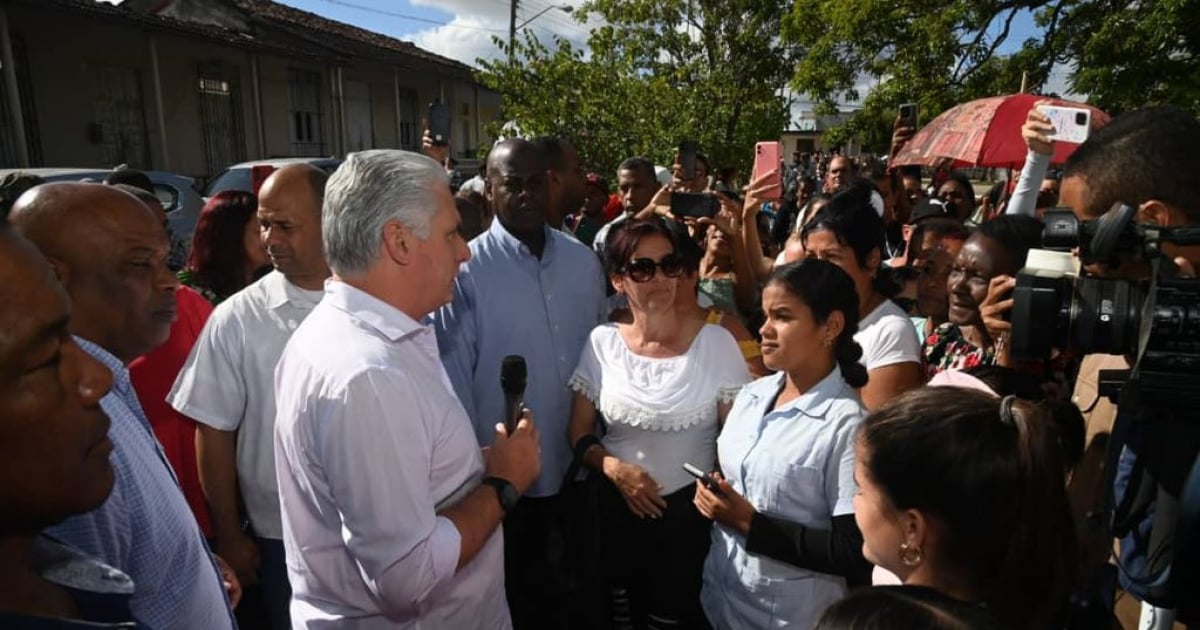During a recent trip to Cienfuegos, President Miguel Díaz-Canel showcased an unexpectedly positive outlook by stating that "Cuba will move forward," crediting the "talent and involvement" of its citizens, despite the severe economic and social crisis gripping the nation. In his address, he emphasized his "conviction" that, despite power outages, food and medicine shortages, and everyday hardships, the Cuban people will overcome these challenges.
However, the actual situation seems to starkly contradict this rosy perspective. In a country plagued by daily blackouts, soaring inflation, and a free-falling economy, Díaz-Canel's assurances appear hollow and disconnected from the pressing needs of the populace. While he insists that "with the people's talent," progress will be made, Cubans continue to grapple with widespread scarcity and a declining quality of life, particularly in crucial areas like healthcare and education.
Deepening Economic Struggles Under Díaz-Canel's Leadership
The situation becomes even more concerning when examining Díaz-Canel's governance over recent years. Under his leadership, Cuba's structural economic problems have worsened, and the absence of tangible solutions has plunged the nation into a state of despair. The national currency continues to depreciate, prices spiral uncontrollably, and the availability of essential goods dwindles.
Citizens are forced to seek alternatives in the black market, rely on family remittances from abroad, or endure endless lines to obtain basic necessities. Meanwhile, Díaz-Canel maintains a narrative of unity and communal sacrifice, asserting that he remains "in touch with the people." He claims that his friends and family also share the hardships faced by the broader population.
